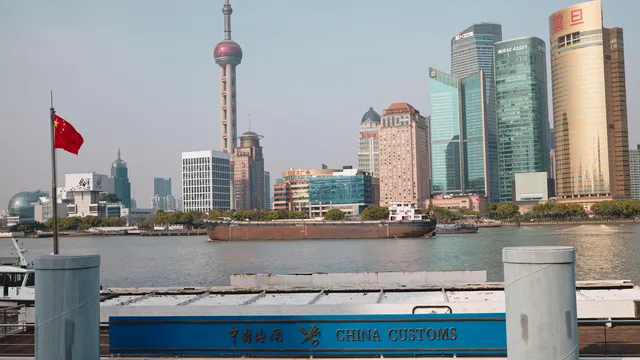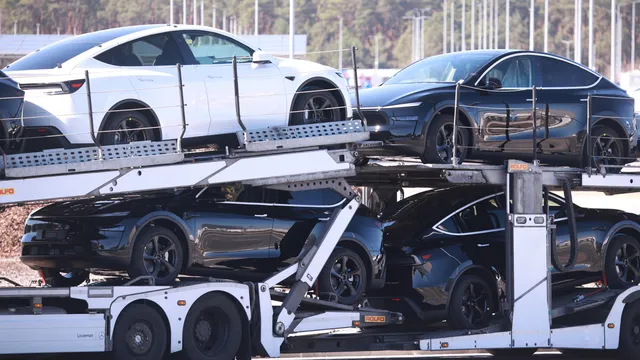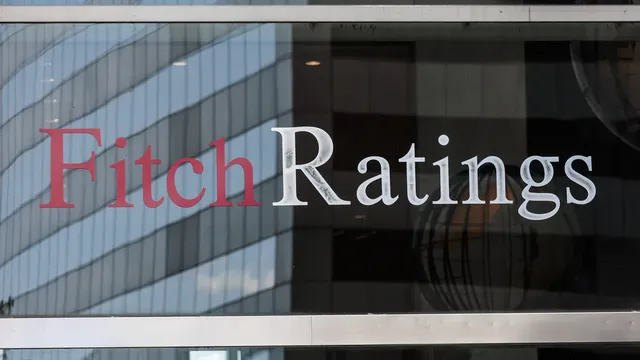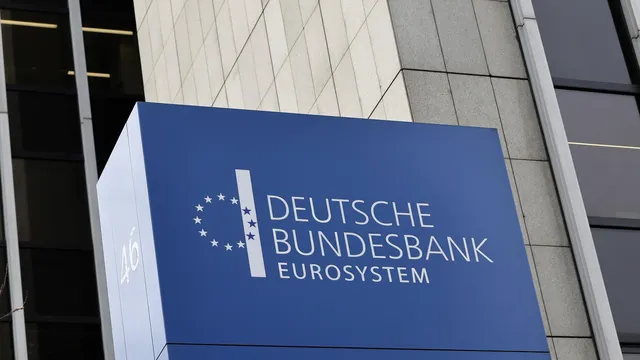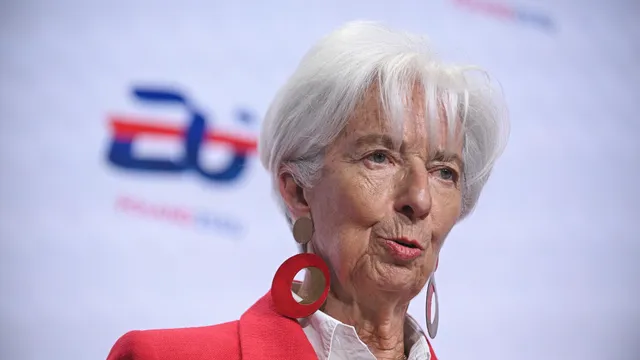Asian and European markets were trying to recover from the collapse triggered by tariffs the previous day. However, Donald Trump's warning of new tariffs against China and Beijing's pledge to "fight to the end" raised fears of a widening trade war, AFP reported.
Stocks across the globe have tumbled since the US president unveiled sweeping levies against allies and opponents, violating trade norms, sparking talk of a global recession and wiping trillions off company valuations.
Investors are struggling to recoup some of the losses as they try to gauge the possibility that Washington will ease some of the tariffs. The Tokyo Stock Exchange was up more than 6 percent - recovering much of the April 7 decline - after Japanese Prime Minister Shigeru Ishiba held talks with Trump.
However, the U.S. leader's threat to impose additional 50 percent tariffs on China - in response to 34 percent retaliation - raised the chances of a catastrophic confrontation between the two economic superpowers.
Trump said he would impose the additional levies if Beijing did not heed his warning not to retaliate against his tariffs.
China responded that it would "never accept" such a move and called the potential escalation a "mistake."
If Washington "insists on a tariff and trade war, China will definitely fight to the end," Chinese foreign ministry spokesman Lin Jian said.
"Pressure, threats and blackmail are not the right way to deal with China," he said.
In light of the turmoil gripping the markets, Trump told Americans to "be strong, be brave and be patient."
While uncertainty reigned, investors in most markets took the opportunity to pick up some depreciating stocks.
Nippon Steel rose 6 percent after Trump began a review of his proposed takeover of U.S. Steel, which was blocked by his predecessor Joe Biden.
Hong Kong rose nearly 2 percent but failed to recover an April 7 loss of more than 13 percent that was the biggest one-day retreat since 1997.
Shanghai rose 1.6 percent after the Chinese central bank (CCB) pledged to support the main state-backed fund Central Huijin Investment in a bid to maintain the "smooth functioning of the capital market."
London, Paris and Frankfurt opened higher after falling more than 4% on April 7
The gains followed a not-so-painful day on Wall Street, where the S&P and Dow fell but pared earlier losses, while the Nasdaq rose
Oil prices also took a breather, rising more than one percent.
Analysts warned that things could get worse.
"If none of the announced tariffs are lifted through deals in the next four weeks or so, the global economy risks entering an 'oil price shock' type crisis by mid-year," said Vincenzo Veda, chief investment officer at DWS.
Pepperstone's Chris Weston said China is unlikely to abandon its countermeasures, "so we assume a high risk that Trump will follow up with an additional 50 percent tariff."
And JPMorgan Chase CEO Jamie Dimon told shareholders, "I disagree: 'Whether the menu of tariffs will cause a recession remains questionable, but it will slow growth' and likely increase inflation." | BGNES

 Breaking news
Breaking news
 Europe
Europe
 Bulgaria
Bulgaria


